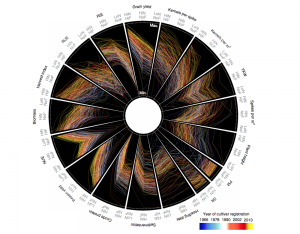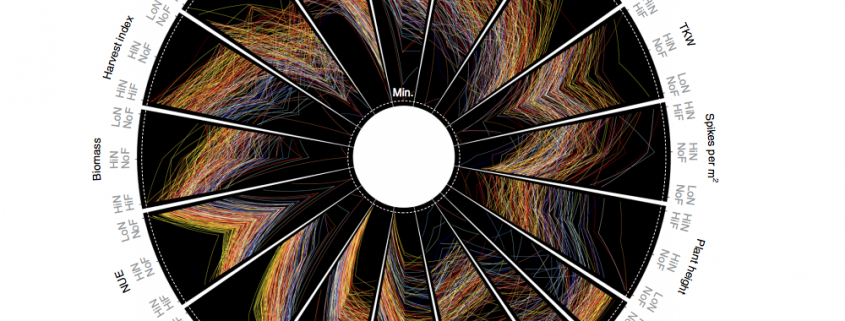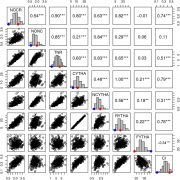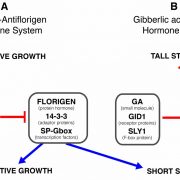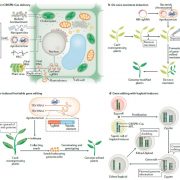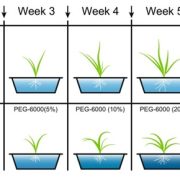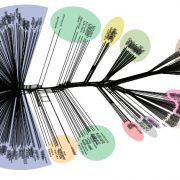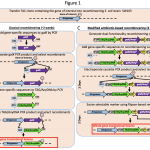Breeding improves wheat productivity under contrasting agrochemical input levels (Nature Biotech.)
Wheat breeding programs are releasing new cultivars almost every year for improved yield potential. But is this intensive breeding not compromising the plant performance under adverse environmental conditions? Voss-Fels et al. studied the elite cultivars of winter wheat released during the last 50 years, across multiple field trials with and without application of fertilizer, best-practice fungicide, and mild drought stress. The cultivars released most recently were performing best in both optimal and sub-optimal conditions. Interestingly, no evidence was found for a long-term reduction in genetic diversity as a result of breeding. By developing a new haplotype-based approach genomic prediction method, Voss-Fels and colleagues were able to identify genomic loci contributing to the yield in the population of elite wheat varieties, which could further increase the yield potential up to 23% compared to the current best-performing varieties. (Summarized by Magdalena Julkowska) Nature Biotech. 10.1038/s41477-019-0445-5
